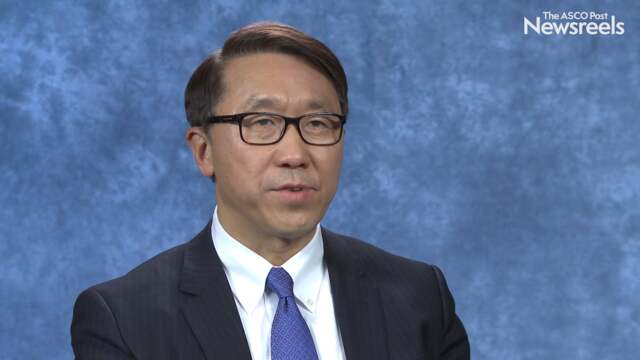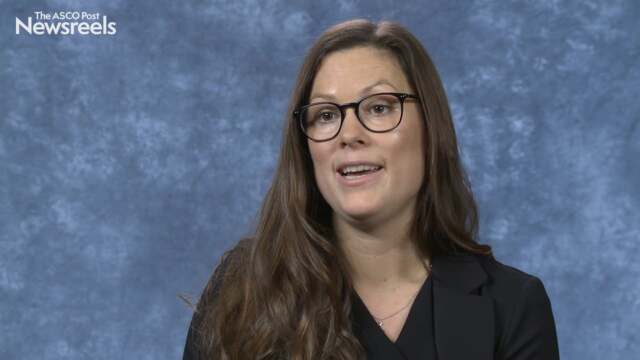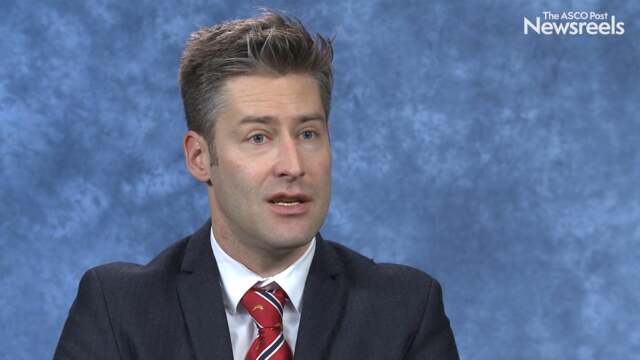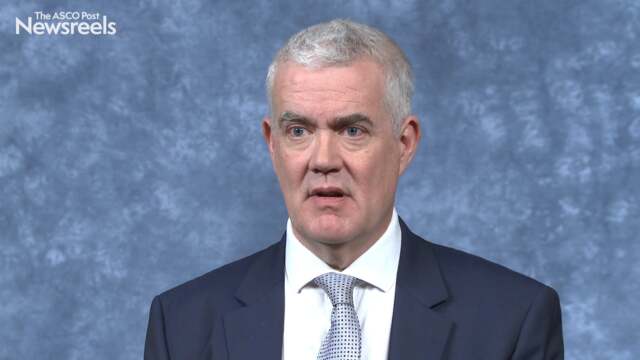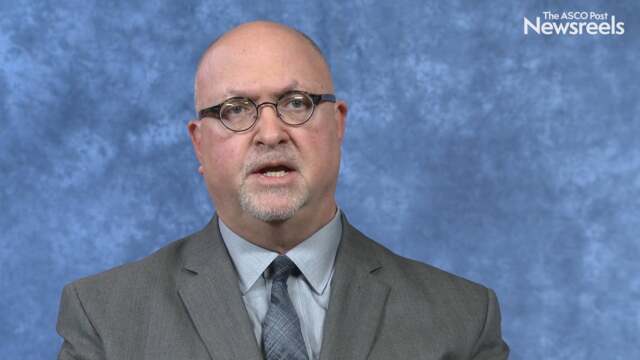Ramesh K. Ramanathan, MD, on Metastatic Pancreatic Cancer: Results From a SWOG Study
2018 Gastrointestinal Cancers Symposium
Ramesh K. Ramanathan, MD, of the Mayo Clinic, discusses early-phase study findings on mFOLFIRINOX (mFFOX) plus pegylated recombinant human hyaluronidase vs mFFOX alone in patients with a good performance status (Abstract 208).
Andrew X. Zhu, MD, PhD, of Massachusetts General Hospital, discusses study findings on pembrolizumab in patients with advanced hepatocellular carcinoma previously treated with sorafenib (Abstract 209).
Maria Svensson, MD, PhD Candidate, of Lund University, discusses high expression of PD-1 and PD-L1 in chemotherapy-naive esophageal and gastric adenocarcinomas, the implications for survival, and the link to a deficiency in mismatched repair genes (Abstract 9).
Pieter van der Sluis, MD, PhD, of the University Medical Center Utrecht, discusses study findings that compared robot-assisted minimally invasive thoracolaparoscopic esophagectomy vs open transthoracic esophagectomy for resectable esophageal cancer (Abstract 6).
Mark Saunders, MD, PhD, of Christie Hospital, discusses study findings on tumor sidedness and the influence of chemotherapy duration on disease-free survival (Abstract 558).
David H. Ilson, MD, PhD, of Memorial Sloan Kettering Cancer Center, discusses the merits of preoperative chemotherapy vs chemoradiotherapy, the role of targeted agents, recent results from genomic profiling, and whether PET scans can guide neoadjuvant treatment.
